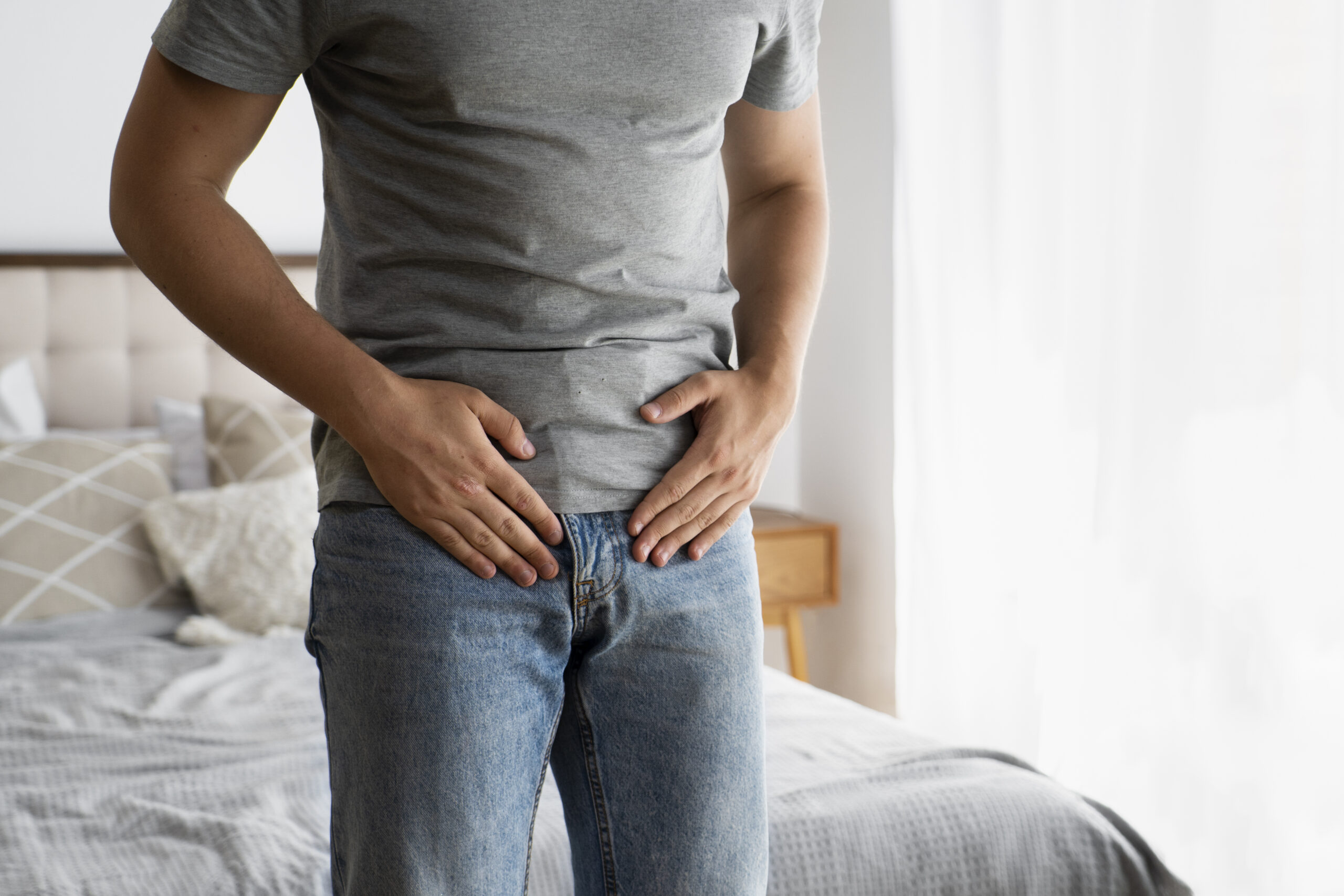What is Cystitis?
Cystitis is a common condition where the bladder becomes inflamed. Often, this happens because of a urinary tract infection (UTI). The bladder is a small organ that stores urine. When bacteria enter the bladder, they can cause irritation and swelling. As a result, you may feel pain or discomfort. Cystitis can affect anyone, but it is more common in women. Early treatment helps prevent complications. According to the CDC, UTIs are one of the most frequent infections in adults.
Common Symptoms of Cystitis
Recognizing cystitis symptoms early can help you get the right care. Most people notice changes when they urinate. However, symptoms can vary from person to person. Here are some common signs:
Sometimes, children and older adults may have different symptoms. For example, they might feel weak or confused. If you notice these signs, seek help quickly.
Causes and Risk Factors
Most cases of cystitis are caused by bacteria, especially Escherichia coli (E. coli). These bacteria live in the gut but can enter the bladder. There are several risk factors that make cystitis more likely. For instance, women have shorter urethras, so bacteria reach the bladder more easily. Other risk factors include:
Sometimes, cystitis is not caused by infection. For example, certain medicines or hygiene products can irritate the bladder. In rare cases, radiation therapy or long-term catheter use may also lead to bladder inflammation.
How Cystitis is Diagnosed
Doctors use simple tests to diagnose cystitis. First, they ask about your symptoms and medical history. Next, they may ask for a urine sample. This test checks for bacteria, blood, or white blood cells. Sometimes, doctors use a dipstick test for quick results. If you have frequent infections, your doctor may suggest more tests, such as:
Early diagnosis helps prevent kidney infections and other problems. Always follow your doctor’s advice for testing and follow-up.
Treatment Options for Cystitis
Treating cystitis usually involves antibiotics to clear the infection. Your doctor will choose the right medicine based on your symptoms and test results. Most people feel better within a few days. However, it is important to finish all prescribed medicine. In addition, you can try these steps to ease discomfort:
For people with frequent cystitis, doctors may suggest longer courses of antibiotics or other treatments. Always talk to your healthcare provider before starting any new medicine.
Prevention Tips and Lifestyle Guidance
Preventing cystitis is possible with simple habits. While not all cases can be avoided, these tips lower your risk:
In addition, talk to your doctor if you have frequent infections. They can suggest more ways to prevent cystitis or check for other health issues.
When to See a Doctor
Sometimes, cystitis can lead to serious problems if not treated. Therefore, you should see a doctor if you:
Early treatment helps prevent kidney infections and other complications. Do not wait if you feel unwell or your symptoms get worse.
Consult a healthcare professional for personalized advice on cystitis.

